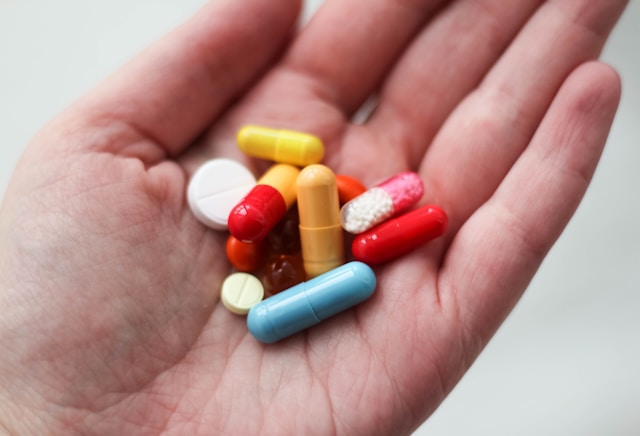The 340B program grew by 24% in 2023, according to new figures from the government’s Health Resources and Services Administration. Sales at discounted prices exceeded $66 billion, more than $12 billion above 2022. Overall, the program has doubled in size since 2019.
340B has emerged as a major revenue source for certain kinds of safety net providers, who can buy medicines at discounted prices and then seek reimbursement at standard rates, profiting off of the difference between the two prices. According to IQVIA, 340B sales at invoice prices totaled $124 billion in 2023. With hospitals generating these enormous profits from 340B arbitrage, the program has now eclipsed Medicare Part D spending, which totaled $116 billion in 2023, according to the Congressional Budget Office.
Further inflating hospital profits is the practice of marking up products well above their list prices. A New England Journal of Medicine paper from earlier this year found that 340B hospitals marked up cancer medicines by a factor of three—a larger markup than seen with non-340B hospitals—even though they were already receiving a discount. Another study shows that hospitals markup drugs an average of 500% of their acquisition cost.
Despite the growth of the program, there is little oversight. Academic research has shown repeatedly that 340B hospitals are not leaders in providing charity care.
- There is strong data, gathered by AIR340B, to suggest that 340B profits exceed charity care spending at large nonprofit hospitals.
- Other analyses, such as this Health Affairs paper and this analysis by Health Capital Group, have found that the charity care provided by nonprofit hospitals doesn’t grow when profits expand.
The growth of the 340B program is creating ripple effects that are raising the cost of health care for others. This includes employers who lose out on rebates when claims are processed by 340B hospitals and state Medicaid programs, which are affected by the way that 340B raises prices across the board.
- An IQVIA analysis found that more than $5 billion in rebates to employers vanish every year because claims for employees are processed under the 340B program, raising the costs for businesses and consumers.
- A Health Capital Group report examined the way that 340B hospitals warped the cost of health care, estimating that 340B may drive as much as $32 billion in excess spending.
BIO’s View: BIO supports programs that create a stronger safety net for American patients. But the data is increasingly clear that the 340B program has not delivered. 340B, despite providing $66 billion in discounted drugs that generate tens of billions in revenue, isn’t improving the lives of vulnerable patients. Regulators and policymakers must reassess whether the program is meeting not just its original intent, but the broader needs of Americans in 2024 and beyond.




